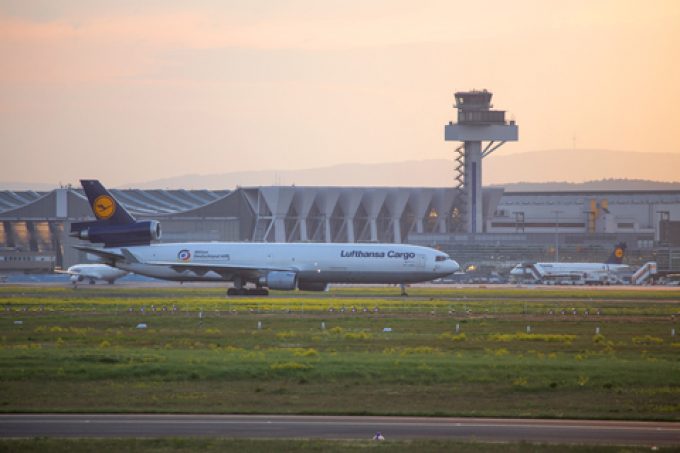Container trade economics – what to look for now
Making sense of a fools’ game

The ripples from from China’s extended factory shutdown are still spreading for forwarders serving key Asia-Europe tradelanes.
One based in Munich told The Loadstar there was “little air cargo on the move”.
He said: “Inbound you don’t see a lot; there’s some cargo from clients in South-east ...
MSC switches two more Asia-Europe port calls from congested Antwerp
Canada and Mexico get cosy with trade plan to bypass US
Front-loading frenzy has made traditional H2 peak season 'unlikely'
Tradelanes: Export boom in Indian sub-continent triggers rise in airfreight rates
Carriers introduce surcharges as congestion builds at African ports
Mexican airport modernisation plan unlikely to boost cargo facilities
Tradelanes: Overcapacity on Asia-S America impacting alliances and rates
Ports and supply chain operators weigh in on funding for CPB

Comment on this article